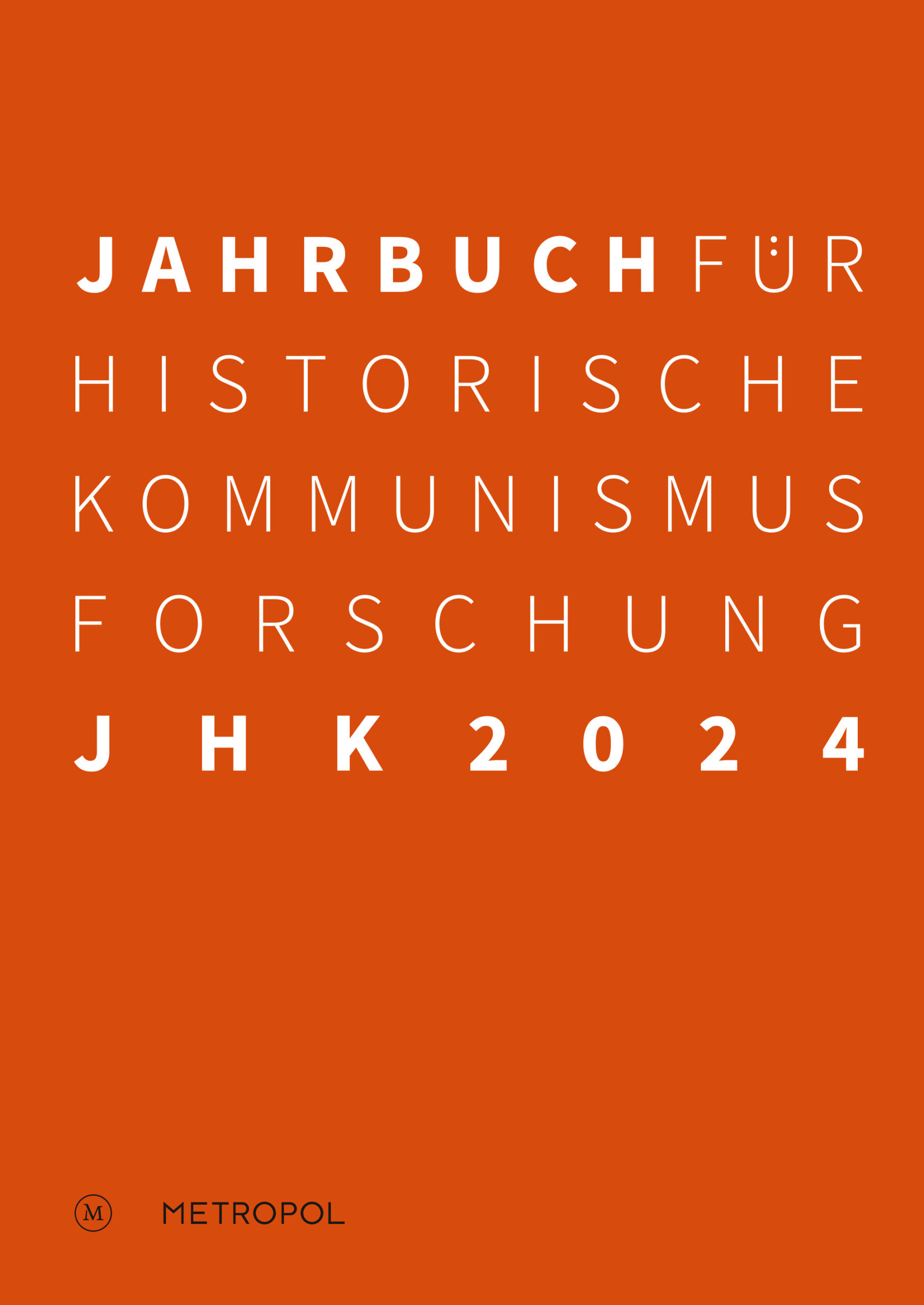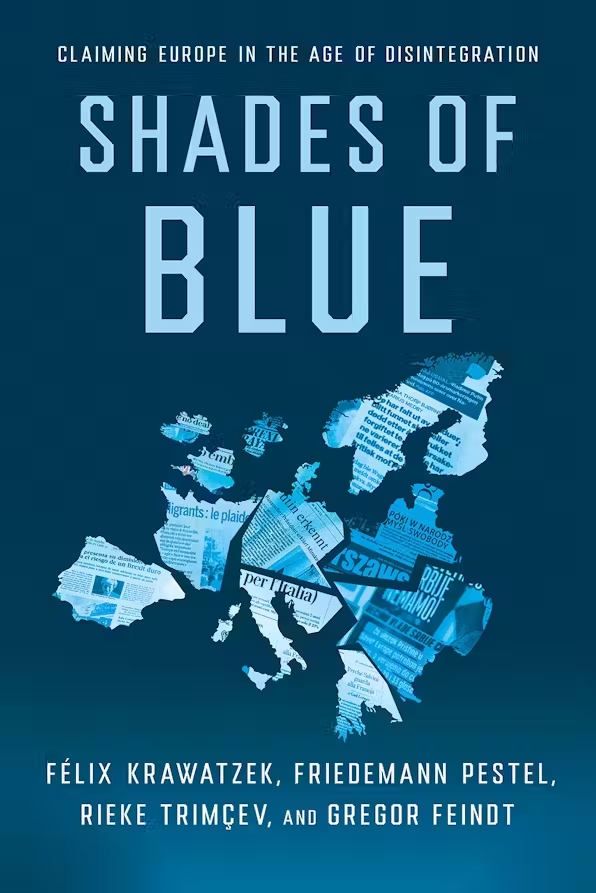Andreas Bolte
Ph.D. Student
Albert-Ludwigs-Universität Freiburg
Historisches Seminar
Professur für Neuere und Neueste Geschichte Westeuropas
79085 Freiburg im Breisgau
Email: andreascbolte@gmail.com
Academic Career
| Since November 2020 | Associate with the GRK 2571 "Empires: Dynamic Transformation, Temporality and Postimperial Orders" |
| Since December 2017 | Ph.D. Student with the Chair of Modern European History, Prof. Dr. Jörn Leonhard |
|
2015-2018
|
Research assistant and tutor with the Department of History, Prof. Dr. Willi Oberkrome and the Chair of Economic, Social and Environmental History, Prof. Dr. Dr. F.-J. Brüggemeier |
| 2015-2017 | M.A. Comparative Modern History, Albert-Ludwigs-Universität Freiburg |
| 2014-2015 | Modern History, Göteborgs Universitet |
| 2012-2014 | Research assistant and tutor with the Chair of Early Modern History, Prof. Dr. Ronald G. Asch |
| 2011-2015 | B.A. Early Modern and Modern History and German Literature, Albert-Ludwigs-Universität Freiburg |
Grants and Awards
| 2018-2022 | Ph.D. Scholarship of the Studienstiftung des deutschen Volkes |
| 2017 | Bavaria-Master-Stipendium of the Faculty of Philosophy, Albert-Ludwigs-Universität Freiburg |
| 2015 | Adlerbertska Hospitiestiftelsen, Göteborgs Universitet |
| 2014-2015 | ERASMUS+-Stipendium |
Ph.D. Project
Rubber Time. Temporal Practices and Imperial Rule in British Malaya and the Dutch East Indies, ca. 1906-1941
The project wants to explain the historical development of temporal practices in imperial spaces through the example of the rubber industry in British Malaya and the Dutch East Indies in the early 20th century, following broader questions of globalization of temporalities in imperial and colonial contexts during the late 19th and early 20th century. Older research has often diagnosed a drive for standardization originating from ‘the West’, framing temporal practices as tools of empire, while newer research suggests that there were seldom cases of friction-less standardization, but rather that attempts to do so mostly provoked other temporalities as protest, leading to an antagonistic heterogenization.
This project aims at explaining that in British Malaya and the Dutch East Indies after 1906, ideas of temporal dualisms and the inherent dynamics of temporal practices led to a development in the spread of temporal practices that can neither be described as standardization, nor as heterogenization. Rather, temporal practices seem to have formed hybridized versions, but never reached a point of uniformity or even fixation.





